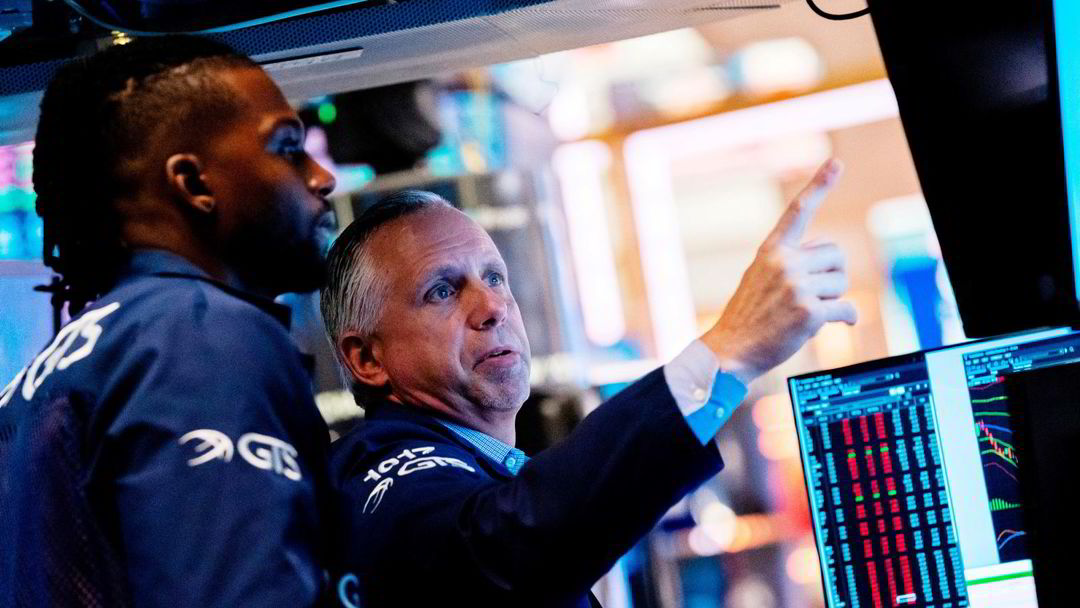Investors were on Tuesday getting over their pessimistic reaction to Sunday’s Opec news. Investors bet that the effects of higher crude oil prices will not lead to the US central bank (Fed) raising interest rates faster than expected, slices Bloomberg.
But shortly into the trading day, the mood turned. At the end of the trading day, it looked like this:
- Technology exchange Nasdaq’s benchmark index fell 0.5 percent.
- The industrial Dow Jones fell 0.5 percent.
- The broad S&P 500 fell 0.5 percent.
Just after the stock market opened, it became clear that the labor market is still very tight in the US. The number of vacant jobs has fallen, and there were 9.9 million vacancies in February, according to Wall Street Journal. It was previously expected that the figure would be 10.4 million vacancies – thereby increasing the fear among investors who are waiting for both inflation and the pressure in the labor market to subside.
The central bank in Australia chose not to raise the policy rate this time around, while at the same time consumers in Europe’s inflation expectations have decreased. This has again led to the market now expecting the Fed to cut the key interest rate by 50 basis points later this year, writes Bloomberg.
Catching up after a heavy fall
Tesla rose close to one percent in pre-trade after a 6 percent decline on Monday. According to Bloomberg News, the company has reported increased deliveries in China, which indicates a positive demand picture for electric vehicles in the world’s second largest economy and the strength of the country’s reopening after covid restrictions. The increase in sales occurs after price cuts from Tesla, writes TDN Direkt.
Nevertheless, the stock fell by more than one percent on Tuesday.
Later on Tuesday, speeches are expected from Fed Governor Lisa Cook, Fed chief in Boston Susan Collins and Fed chief in Cleveland Loretta Mester. The figures will be analyzed by the market for any signals about the interest rate path going forward.
– Can have consequences for years
On Tuesday, the CEO of JPMorgan Chase, Jamie Dimon, stated that the banking turmoil that was triggered by the collapse of Silicon Valley Bank in March is not similar to the financial crisis of 2008. He believes that it will still have consequences for years, writes Wall Street Journal.
In his annual letter to the company’s shareholders, the head of America’s largest bank said the current crisis “involves far fewer financial players and fewer problems to be resolved” than in 2008.
However, he believes that the collapse of Silicon Valley Bank, quickly followed by Signature Bank, revealed problems with bank management and supervision, particularly in relation to the risks associated with rising interest rates. (Terms)Copyright Dagens Næringsliv AS and/or our suppliers. We would like you to share our cases using links, which lead directly to our pages. Copying or other forms of use of all or part of the content may only take place with written permission or as permitted by law. For further terms see here.


